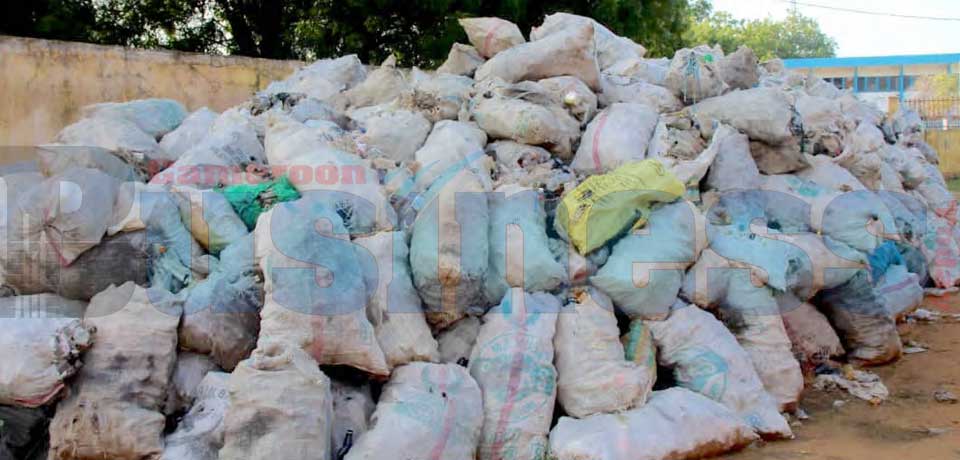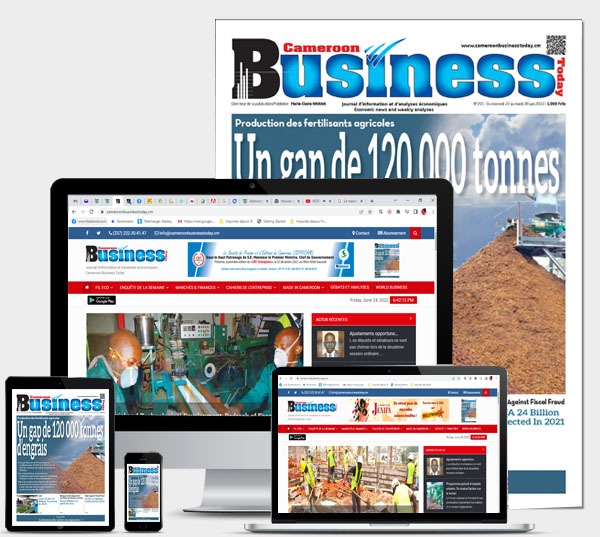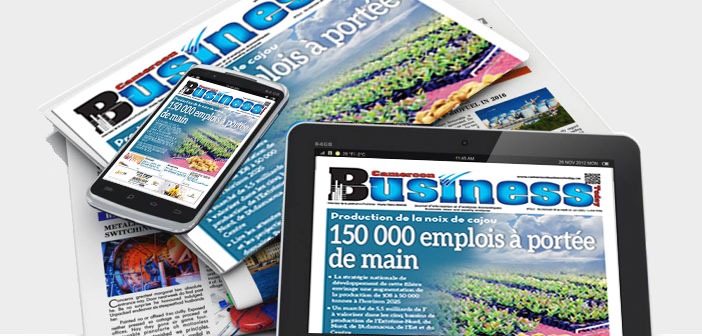Sub-Saharan African countries face important monetary policy challenges. The pandemic and the Russia-Ukraine war dented economic growth, and even now the recovery is likely to leave output below the pre-crisis trend this year. Several countries in the region have also seen inflation increase, a challenge that is in some cases compounded by fiscal dominance emanating from high public debt levels. Many of these economies may also face capital outflows as the major central banks in advanced economies withdraw policy stimulus and raise interest rates in the period ahead. In the Central Africa for example, the CFA franc lost 11.4 per cent of its value against the dollar between December 31 and July 11. The economic impact of the conflict raging in Ukraine, including the attendant sharp rise in energy and food prices is likely to further intensify the challenges. Countries with managed or free-floating exchange rate regimes generally benefit from allowing currencies to adjust, while focusing monetary policy on domestic objectives. Many countries in sub-Saharan Africa with floating exchange rate regimes have characteristics and vulnerabilities that can limit the benefits from fully flexible rates. For instance, dominant currency pricing (i.e., rigid export prices in US dollar terms) can weaken the beneficial trade adjustments associated with flexible rates. There is also evidence that the exchange rate pass-through in low-income countries is substantially higher than it is in more advanced economies, which poses a particular problem given the often heavy dependence on food and energy imports. How should countries that exhibit such vulnerabilities manage their policy responses? First, it remains important to reduce the vulnerabilities over time. This includes reducing balance sheet mismatches; developing money and foreign currency markets; and reducing exchange rate pass-through by building monetary policy credibility. For central banks considering such policies, however, a few important qualifiers are in order. Importantly, the tools should not be used to maintain an over- or undervalued exchange rate. Moreover, while additional tools can help alleviate short-term trade-offs, this benefit needs t...
- Fil Eco
- Enquête de la semaine
-
Marchés & FINANCES
-
Marchés
-
Finances
-
-
Cahiers de l'entreprise
-
Catégories
-
-
-
-
-
- Made in Cameroon
- Débats et analyses
- World Business
















Commentaires